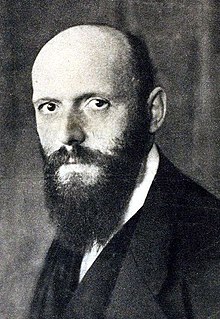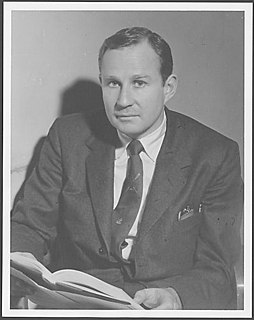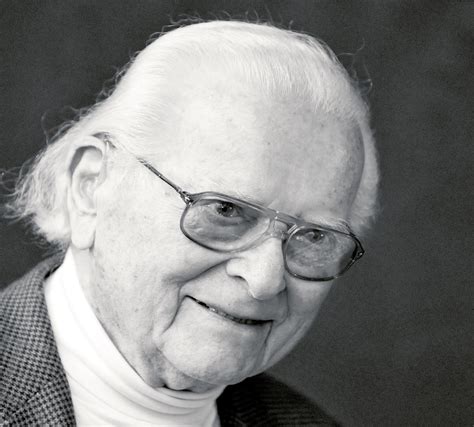A Quote by Immanuel Kant
Our knowledge springs from two fundamental sources of the mind; the first is the capacity of receiving representations (receptivity for impressions), the second is the power of knowing an object through these representations (spontaneity [in the production] of concepts).
Related Quotes
[M]any people would accept that we do not really have knowledge of the world; we have knowledge only of our representations of the world. Yet we seem condemned by our consitution to treat these representations as if they were the world, for our everyday experience feels as if it were of a given and immediate world.
As thinkers, mankind has ever divided into two sects, Materialists and Idealists; the first class founding on experience, the second on consciousness; the first class beginning to think from the data of the senses, the second class perceive that the senses are not final and say, The senses give us representations of things, but what are the things themselves, they cannot tell. The materialist insists on facts, on history, on the force of circumstances and the animal wants of man; the idealists on the power of Thought and Will, on inspiration, on miracle, on individual culture.
Modern man receives a large part of his knowledge and general education by way of pictorial impressions, illustrations, photographs, films. Daily newspapers bring more pictures from year to year. In addition, the advertising business operates with optical signals as well as representations. Exhibitions and museums are indeed offspring of this visual hustle.
The genocidal culture's image of woman as object and victim is paralleled by contemporary representations that continually show the Earth as a toy, machine, or violated object, as well as by the religious and scientific ideology that legitimates the possession, contamination, and destruction of Mother Earth.
Wisdom and knowledge can best be understood together. Knowledge is learning, the power of the mind to understand and describe the universe. Wisdom is knowing how to apply knowledge and how not to apply it. Knowledge is knowing what to say; wisdom is knowing whether or not to say it. Knowledge gives answers; wisdom asks questions. Knowledge can be taught, wisdom grows from experience.







































